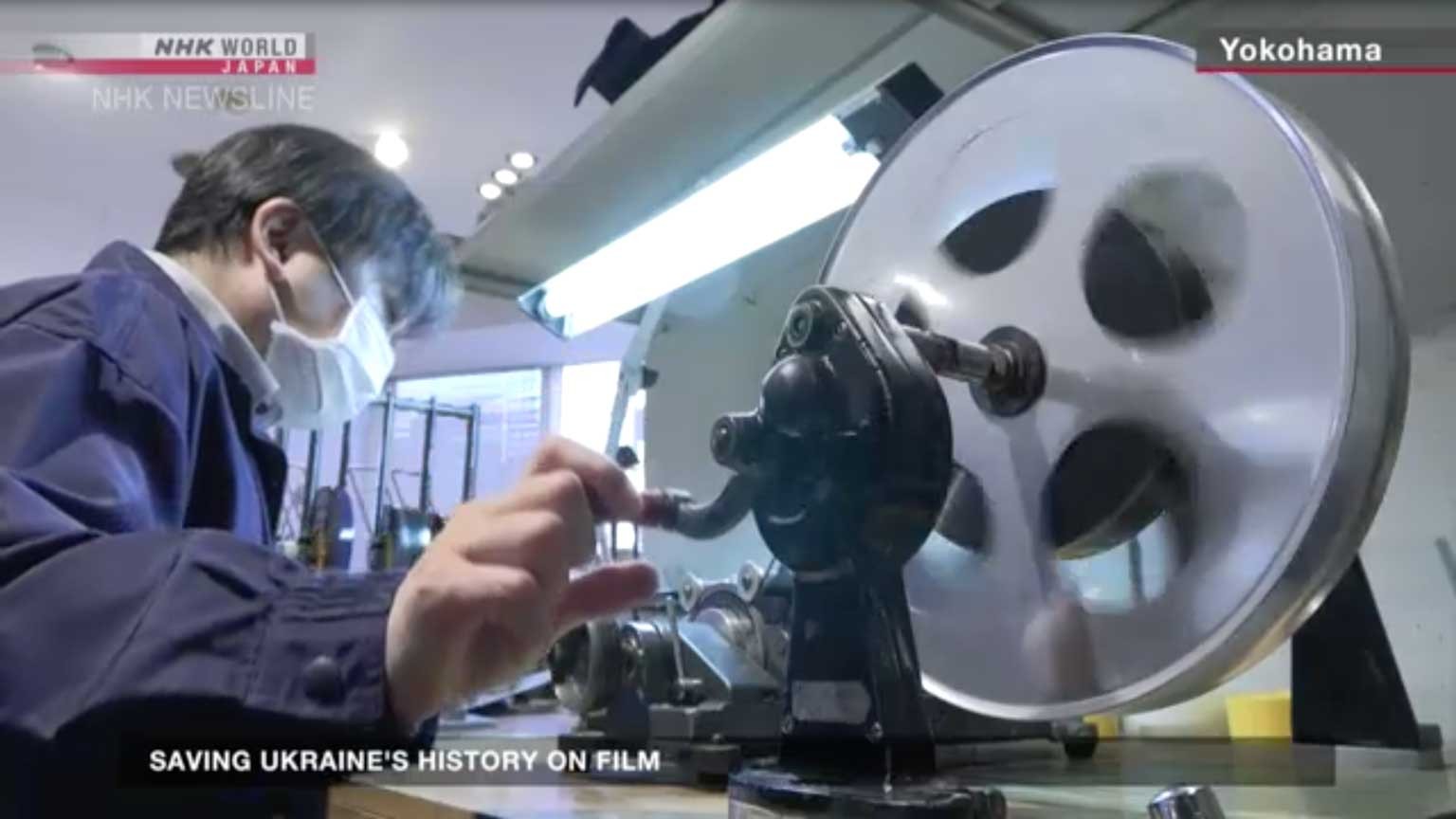Troves of old film and photos are at risk, including those documenting the Soviet years. NHK World's Shirakawa Marina reports on preservation efforts that have seen Ukraine's public broadcaster turn to Japan for help.
Digitizing film reels
A team from Ukraine public broadcaster Suspilne visited NHK's Tokyo headquarters in February with some precious cargo: old reels of film they want to preserve and store for future generations.
"This is now part of the Ukrainian cultural heritage. We have hundreds of thousands of hours of these materials," said Andriy Taranov, Suspilne's managing board member.

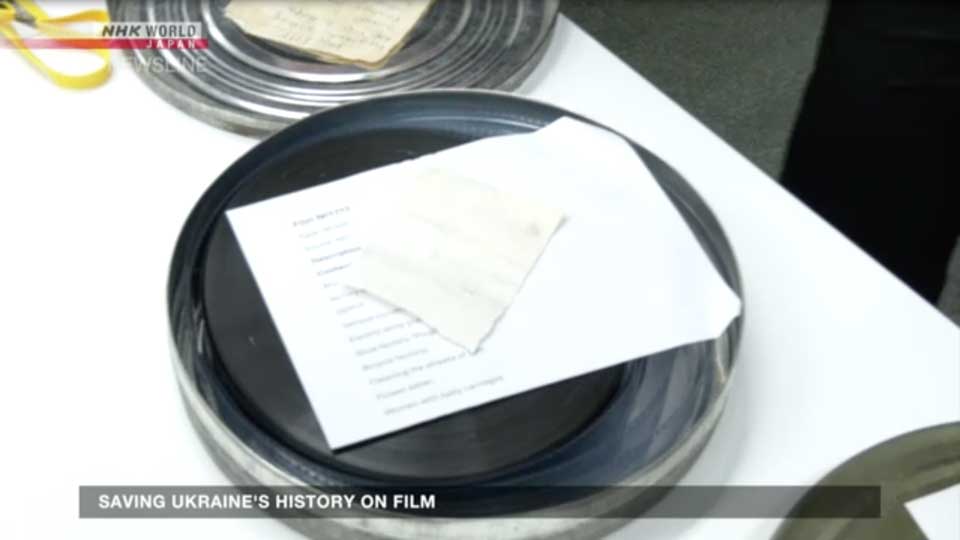
Specialists carefully checked all the reels for damage and converted them to digital files.

Propaganda worth saving
The Ukrainian team behind the preservation effort knows that not all of the archival film portrays an accurate depiction of Ukraine's past. Footage from the 1940s portrays factory work as safe, clean and efficient. But the pristine dresses worn by the assembly line workers suggests the images are propaganda from the Soviet era.

A 1980s reel features a fleet of Soviet-made vehicles with an interview, during which a reporter is told how well the trucks will run. But Oleksandr Zinchenko, creative projects development manager at Suspilne, said the film contradicts the facts.
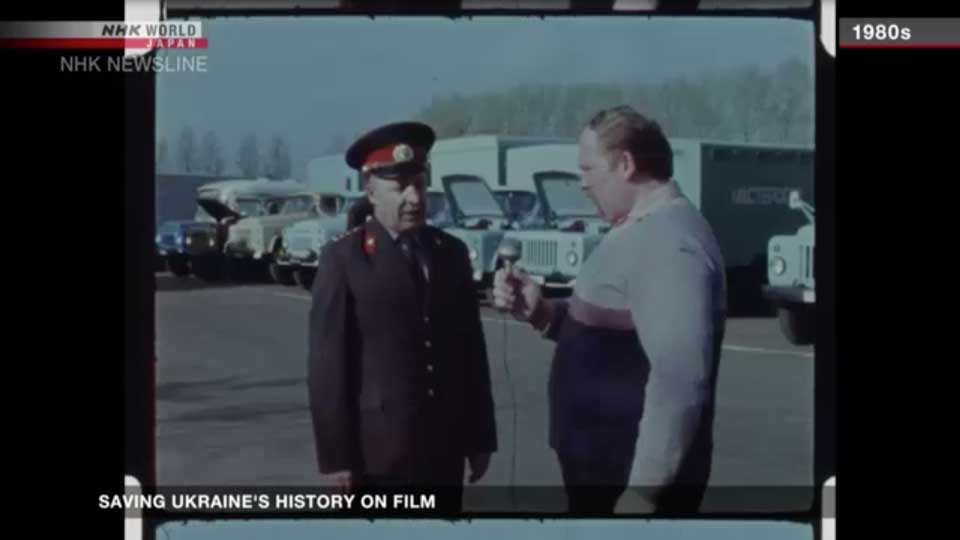

"The video reflects this reality when the regime tries to hide an unattractive reality behind an attractive facade. Because the Soviet equipment was very poor quality, it broke down all the time," he said.
Suspilne has begun posting digitized content online, allowing many people in Ukraine a chance to access the archives.
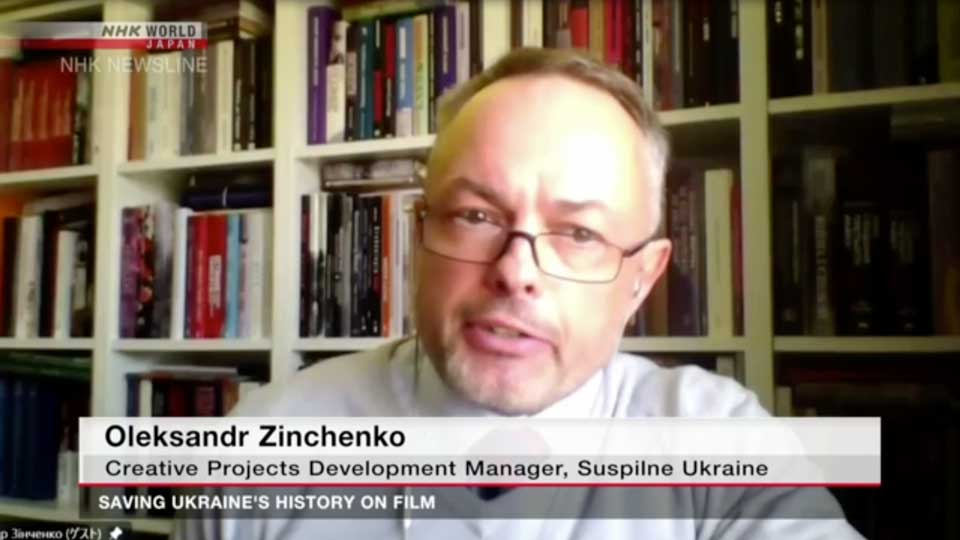
Cultural assets
Okabe Yoshihiko, an economics professor at Kobe Gakuin University who specializes in Ukraine, noted that videos from the Soviet days are growing increasingly rare, especially as Russian forces move into areas where the archives are kept.
"There have been cases in which administrative authorities from Russia discarded or burned Ukrainian books in museums, libraries, and occupied Ukrainian territory," he said.
"Of course, people's lives are the most important thing, but after that, we have to pay attention to cultural assets and the crisis of losing records."
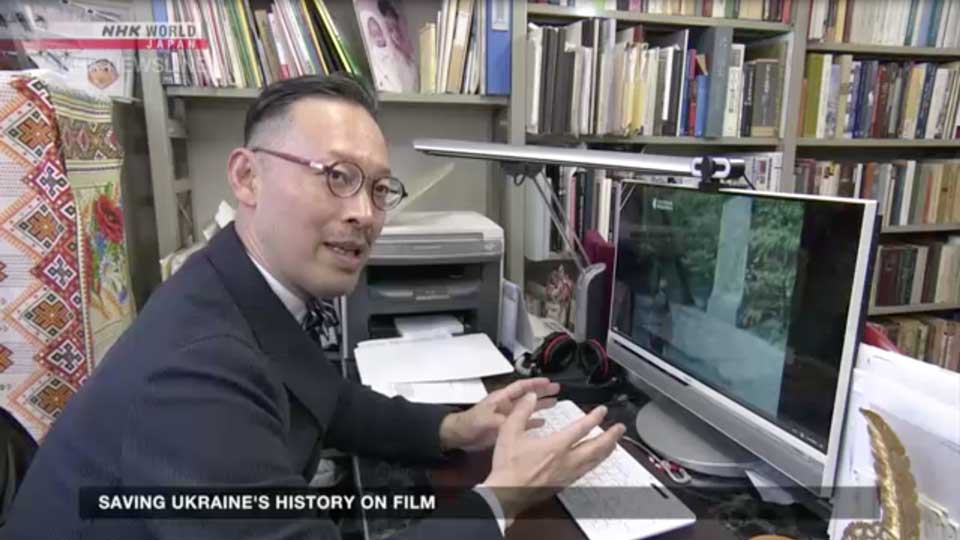
Taisiia Turchyn, a member of Suspilne's preservation team, said the propaganda is valuable as it offers some insight into what Ukraine is fighting for.
"Researching these films, these records, shows us and highlights how important it is to save our current independence, our current freedom of speech," she said.
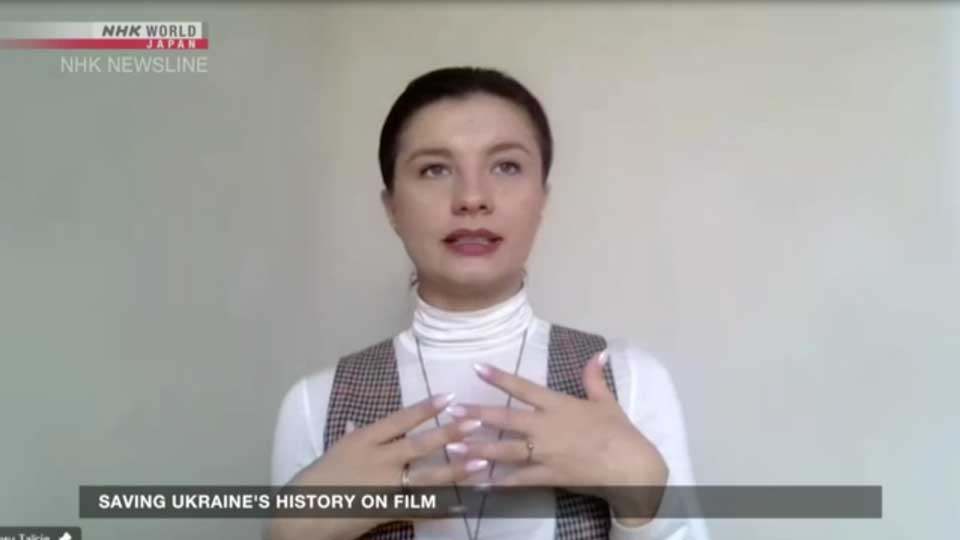

The work is an ongoing concern. Turchyn said her team has discovered about 8,000 film canisters in western Ukraine's largest city, Lviv.
Whatever those canisters contain is set to be preserved — and they may include lessons in history for generations of Ukrainians to come.
